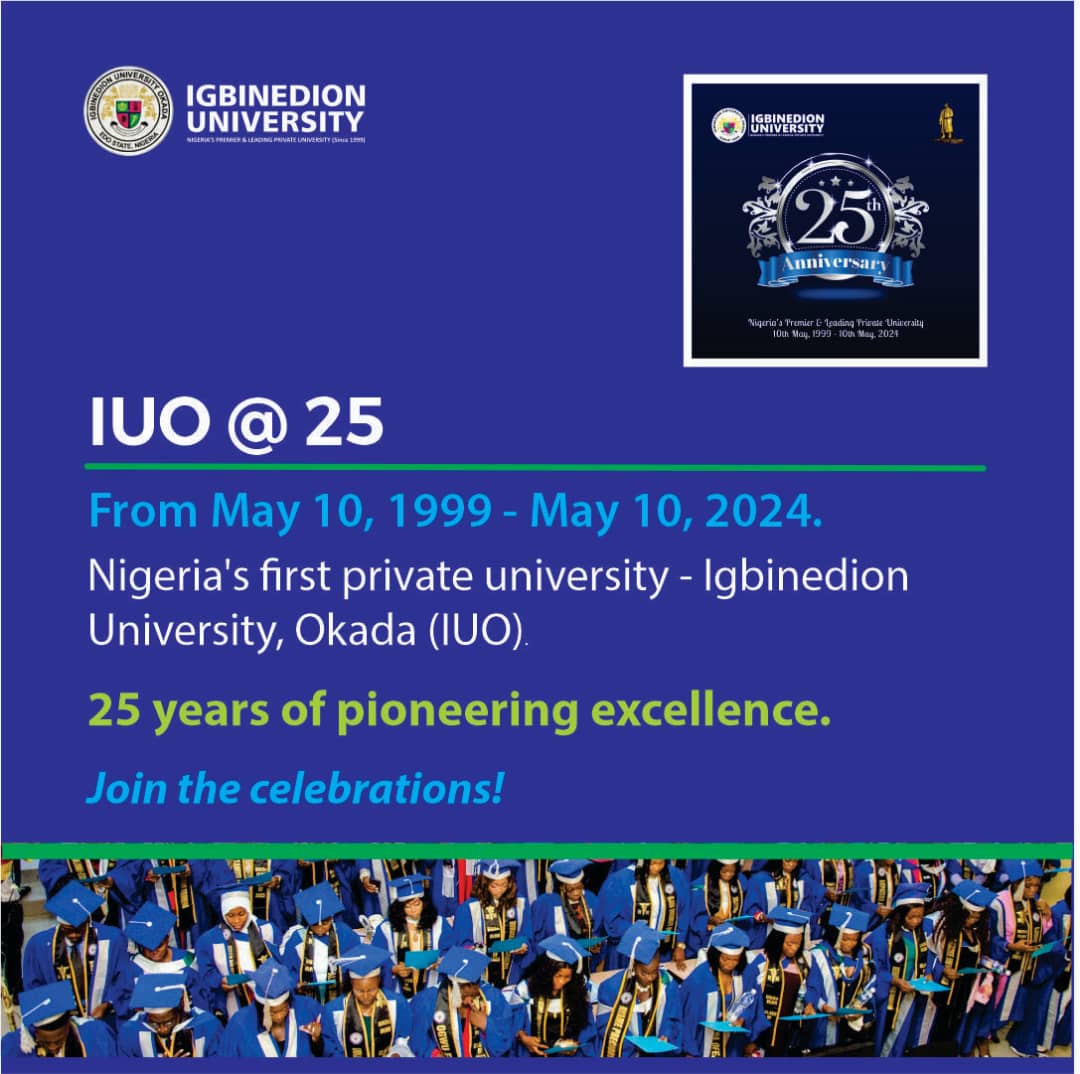Following the enactment of Uganda’s Anti-Homosexuality, the United States (US), has said its government may restrict visas issued to Ugandan officials
Antony Blinken, the US secretary of state, said that Joe Biden’s White House is “deeply troubled” by the Anti-Homosexuality Act, which was signed into law by Yoweri.
Blinken while reacting to the law said that he was looking to “promote accountability” for Ugandan officials who have violated the rights of LGBTQ+ people, with possible measures including the curtailment of visas.
“I have also directed the department to update our travel guidance to American citizens and to US businesses as well as to consider deploying existing visa restrictions tools against Ugandan officials and other individuals for abuse of universal human rights, including the human rights of LGBTQI+ persons,” Blinken said in a statement.
Uganda’s government has faced widespread criticism over the new laws, with the EU, human rights groups and LGBTQ+ organizations all calling for it to be reversed. Biden, who has raised the possibility of sanctions against Uganda, has called the law a “tragic violation of universal human rights”
while Volker Turk, the UN high commissioner for human rights, described the law as “devastating”.
Homosexual acts were already illegal in Uganda but now those convicted face life imprisonment under the new laws, with the legislation imposing the death penalty for “aggravated” cases, such as gay sex involving someone below the age of 18. People convicted of “promoting” homosexuality face 20 years in prison, with Human Rights Watch noting the bill essentially criminalizes “merely identifying” as LGBTQ+.
Full statement from President Joe Biden on the enactment of Uganda’s anti-homosexuality Act
The enactment of Uganda’s Anti-Homosexuality Act is a tragic violation of universal human rights—one that is not worthy of the Ugandan people, and one that jeopardizes the prospects of critical economic growth for the entire country. I join with people around the world—including many in Uganda—in calling for its immediate repeal. No one should have to live in constant fear for their life or being subjected to violence and discrimination. It is wrong.
Since the Anti-Homosexuality Act was introduced, reports of violence and discrimination targeting Ugandans who are or are perceived to be LGBTQI+ are on the rise. Innocent Ugandans now fear going to hospitals, clinics, or other establishments to receive life-saving medical care lest they be targeted by hateful reprisals. Some have been evicted from their homes or fired from their jobs. And the prospect of graver threats—including lengthy prison sentences, violence, abuse—threatens any number of Ugandans who want nothing more than to live their lives in safety and freedom.
This shameful Act is the latest development in an alarming trend of human rights abuses and corruption in Uganda. The dangers posed by this democratic backsliding are a threat to everyone residing in Uganda, including U.S. government personnel, the staff of our implementing partners, tourists, members of the business community, and others. As such, I have directed my National Security Council to evaluate the implications of this law on all aspects of U.S. engagement with Uganda, including our ability to safely deliver services under the U.S. President’s Emergency Plan for AIDS Relief (PEPFAR) and other forms of assistance and investments. My Administration will also incorporate the impacts of the law into our review of Uganda’s eligibility for the African Growth and Opportunity Act (AGOA). And we are considering additional steps, including the application of sanctions and restriction of entry into the United States against anyone involved in serious human rights abuses or corruption.
The United States shares a deep and committed partnership with the people of Uganda. For more than 60 years, we have worked together to help millions of Ugandans live healthier, more productive lives.
Our programs have boosted economic growth and agricultural productivity, increased investments in Ugandan businesses, and strengthened our trade cooperation. In total, the U.S. Government invests nearly $1 billion annually in Uganda’s people, business, institutions, and military to advance our common agenda. The scale of our commitments speaks to the value we place on this partnership—and our faith in the people of Uganda to build for themselves a better future. It is my sincere hope that we can continue to build on this progress, together, and strengthen protections for the human rights of people everywhere.









![BREAKING: Anti-drug protest rock Tinubu’s arrival at Chatham House [Watch]](https://thenewsguru.com/wp-content/uploads/2022/12/Tinubu-75x75.jpg)